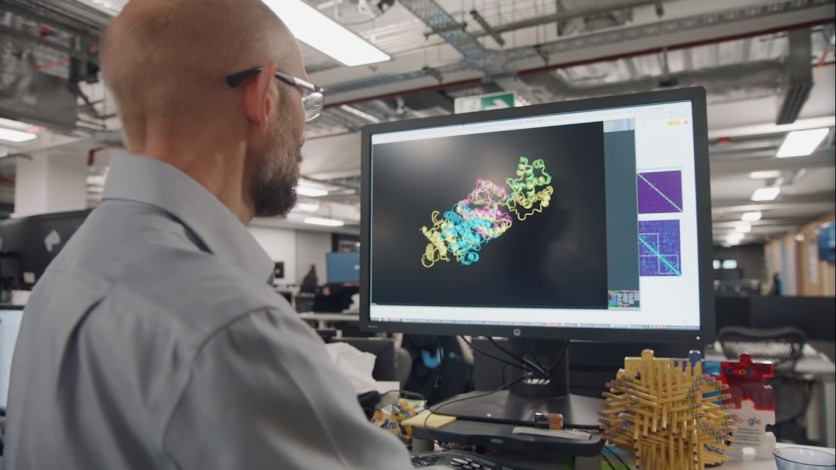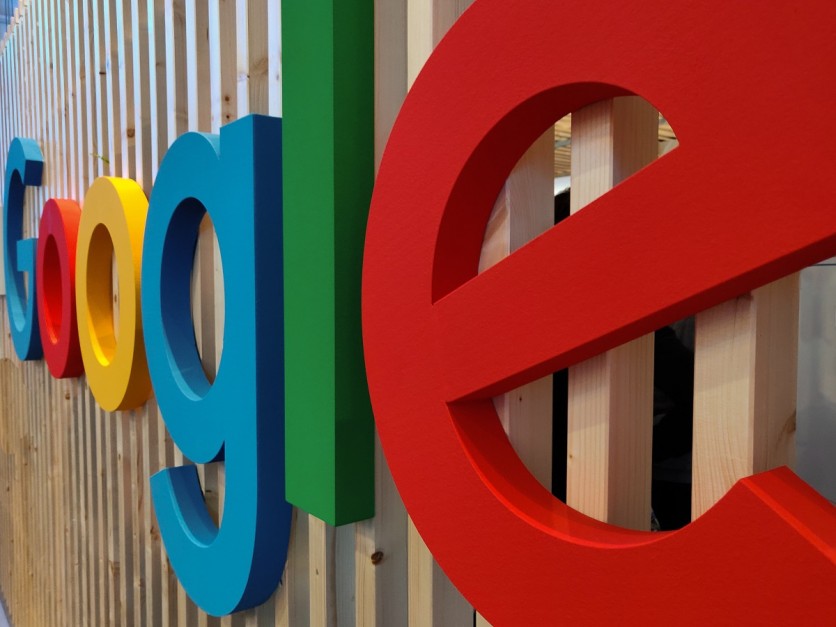A British artificial intelligence startup company claimed to have found the solution to the problem of "protein folding" while scientists celebrated at the historical breakthrough and promise of cure for terminal illnesses.

AlphaFold: DeepMind's AI breakthrough
DeepMind announced on November 30 that it found solutions to predict the 3D shape a protein will take based on its amino-acid sequence by understanding how the protein folds.
According to The Telegraph, DeepMind researchers claimed that they were able to predict a protein's sequential shape after weeks of developing AlphaFold. They used modest amount of computing power in laboratory to create such breakthrough that other scientists had been trying to resolve for half a century.
However, the startup is yet to publish its scientific paper to gauge how useful AlphaFold will be in actual use or who will greatly benefit from it. Nevertheless, AlphaFold's machine learning technology would be crucial in developing treatments or vaccines for cancer, Alzheimer's, and COVID-19 as it predicted several protein structures of coronavirus early this year.

According to Tech Crunch, DeepMind's method uses an "attention-based neural network system" that can continuously refine its predictive graph of possible protein folding results based on folding history, which yield highly accurate predictions.
Read also: New Chest X-ray Tool Uses AI to Detect COVID-19 with 83% Accuracy
Google-DeepMind $534 deal
On January 26, 2014, Google acquired DeepMind Technologies, which was founded in the United Kingdom by Mustafa Suleyman and Demis Hassabis. While Facebook was also interested in acquiring the company, a DeepMind spokesperson said they chose Google because the tech giant was clear to have similar passion about artificial intelligence.
According to a CNBC report, Humayun Sheikh, a founding investor, said DeepMind may have failed if the deal did not happen. Sheikh also noted that marketing an AI firm is "very difficult, unless you get absorbed by a big corporate."

The $534 million deal attracted criticisms from privacy experts as the startup later made executive changes as well as Google's absorption of its health research unit. Experts worry that DeepMind's work with National Health System may be compromised through a kidney dialysis app called Streams.
However, Hassabis answered the critics as he noted Google gave them the platform to carry out their technologies more rapidly to reach a wider scale. Also, the cash DeepMind got from the deal with Google allowed the startup to hire the best graduates of computer science from the U.S., Europe, and the U.K.
Despite the high potential of the technologies, DeepMind is not making money. In fact, it continued to lose money: $154 million in 2016, $341 million in 2017, and $572 million in 2018. So how will Google get back its investment?
Aside from its contracts with NHS, DeepMind has already proven its value as its systems have improved the cooling systems in Google's datacenters. Its technology can also be found in the Android operating systems that helps improve battery performance.
Aside from these, DeepMind's business has since been hard to sell. "A normal investor would be looking at big customers and an income stream well before now," University of Cambridge computer science professor Jon Crowcroft told CNBC. He added that while that DeepMind has developed various valuable prototype tools and techniques, there is a long way between laboratory and reality.
This is owned by Tech Times
Written by CJ Robles
ⓒ 2025 TECHTIMES.com All rights reserved. Do not reproduce without permission.




